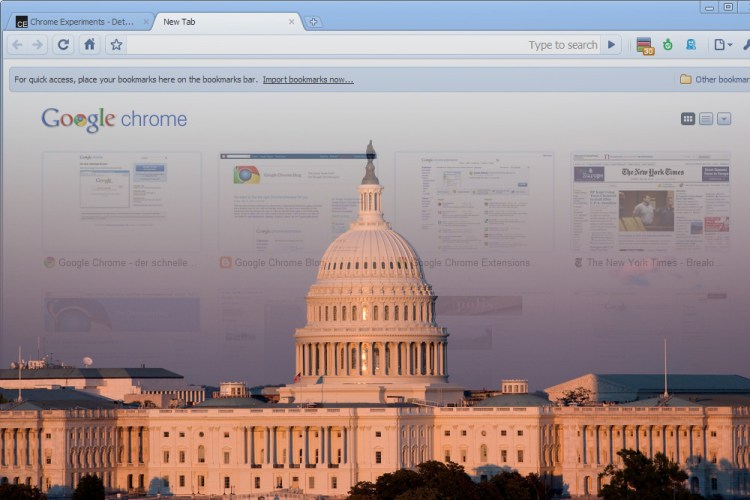Eva Arevuo is the communications manager for Engine Advocacy & Research Foundation.
The law that governs our interactions with the Internet was passed in 1986. Yes, the Electronic Communications Privacy Act — ECPA — became law before the Internet was widely used and at a time when most people did not have computers in their homes.
ECPA is out of date and out of its depth. But changing a law that touches as many industries and interactions as ECPA does takes a lot of political appetite and will. So why should you care?
Despite original intentions, ECPA is the touchstone privacy law protecting and governing our information and interactions online. So, among other things, it has been used by the government to argue that anything stored online for longer than 180 days has been“discarded” and therefore does not qualify for Fourth Amendment protection — the freedom from unwarranted search and seizure, and the right to privacy.
In other words, all those emails and Dropbox documents you’ve had for over six months can be obtained by law enforcement without a probable cause warrant. This includes the IRS, FBI, and DEA, as well as state and local law enforcement agencies.
So there’s the personal problem of having our online data unprotected by the Fourth Amendment — but that’s just the beginning. Since ECPA is being used to tackle questions outside of its original scope, and is therefore interpreted at will and applied unevenly, the ensuing uncertainty has an adverse impact on startups (read: small, fast-growing companies that are creating economic value and jobs).
Since data plays an increasingly important role for many technology startups, any uncertainty over compliance increases the burden of time and resources needed to unravel the issue. In addition, laws like this that disempower businesses and consumers place an added strain on user trust. Under ECPA, a complex legal request from law enforcement would force businesses to chose between facing fines and legal action while protecting their users, or complying with the government at the cost of alienating users. During the Occupy Wall Street protests last year, Twitter was caught up in all this while trying to protect a user’s Fourth Amendment rights against the unwarranted seizure of tweets over 180 days old. In the end, however, Twitter surrendered the data to avoid hefty fines.
This obvious disparity between the statute books and reality of how we use the Internet to communicate has already led to a bi-partisan push for reform, championed by the original ECPA author — Senator Patrick Leahy. Senator Leahy is joined by co-sponsor Senator Lee who explained that “when ECPA was enacted, email was primarily a means of communicating information, not storing it. Today, we use our email accounts as digital filing cabinets, where we store many of the personal documents and sensitive information that the Fourth Amendment was meant to protect. This bill takes an essential step toward ensuring that the private life of Americans remains private.”
There is also a reform bill in the House sponsored by Representative Kevin Yoder. The Email Privacy Act has 137 co-sponsors, but if it’s actually going to pass this do-nothing Congress, we need to take action. It’s worth noting here that the 113th Congress is on course to pass less legislation than any Congress in history. So far, it’s passed only 49 laws. The original “Do Nothing’’ Congress denounced by President Harry Truman in 1947, however, passed 906 laws.
And if that’s not a big enough hurdle, all reform legislation is now being blocked by the Securities and Exchange Commission in the hope of a special carve-out so regulatory agencies can continue to access our online documents without a warrant. Clearly, any such exception would undercut the purpose of reform.
So what can you do?
1. Sign the White House petition. Call on the White House to break its silence and stand up for ECPA reform. We need President Obama to tell the SEC to back down in its demands and make clear that the time for ECPA reform is now. The petition needs 100,000 signatures by December 12th. That’s next Thursday!
2. Join the TechFreedom Thunderclap to show your support and raise awareness about the need for reform.
3. Do your own evangelizing on social media using #ECPA and #GetAWarrant. You can also share these infographics from the ACLU and TechFreedom to educate others.
The right to privacy and the freedom from unwarranted search and seizure are not to be taken lightly. And as we live more of our lives online, it is essential that the law catches up.
VentureBeat's mission is to be a digital town square for technical decision-makers to gain knowledge about transformative enterprise technology and transact. Learn More

